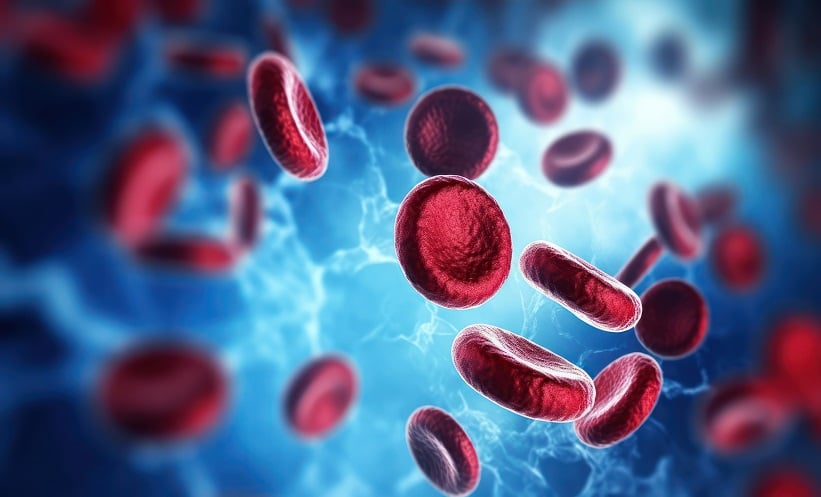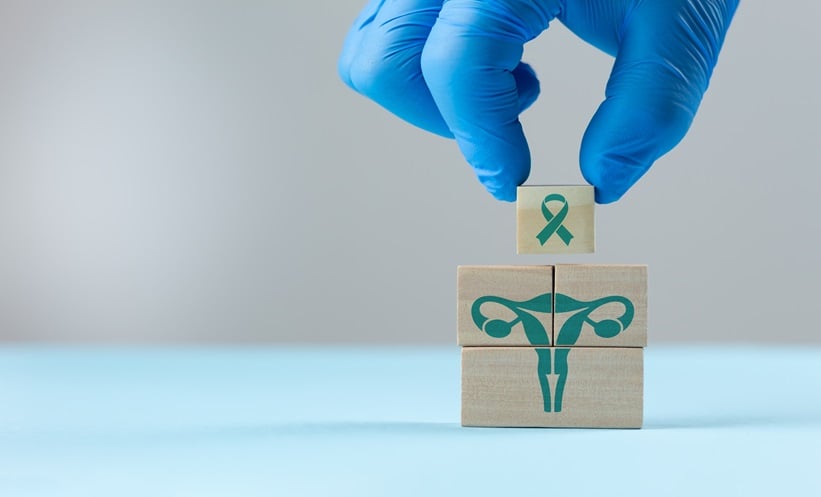Scientists have identified a rare and previously overlooked type of circulating tumour cell (CTC) in patients with metastatic breast cancer, offering new clues about how cancer spreads and resists treatment.
Using an enrichment-free detection method, researchers analysed two blood samples from a single patient and found that more than 97 percent of CTCs expressed both tumour and immune cell markers. These immune-like CTCs (im.CTCs) carried the same tumour-specific genetic alterations as conventional epithelial CTCs, confirming a shared origin. Importantly, their genetic profiles showed no evidence of fusion with normal immune cells.
Protein analysis revealed that im.CTCs expressed immune markers such as CD45, CD3 and CD4, along with CD44, a protein associated with cancer stemness and treatment resistance.
To determine whether these cells are more common, researchers examined blood from 36 additional patients with metastatic breast cancer. A second case was identified in which im.CTCs showed the same tumour-derived, non-fusion genetic pattern.
These findings challenge the long-standing assumption that CD45-positive cells in blood are irrelevant in cancer studies. Instead, im.CTCs may represent a distinct tumour cell state, reflecting an unexpected form of tumour plasticity.
Reference
Higa N et al. Simultaneous expression of epithelial and immune cell markers in circulating tumor cells identified in patients with stage 4 breast cancer. Communications Medicine. 2025:5:309.








